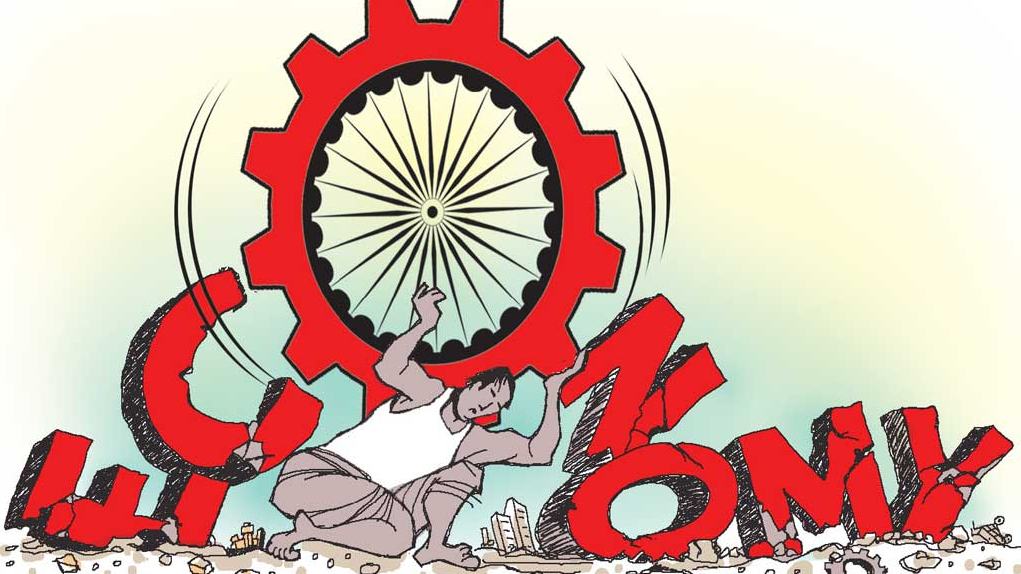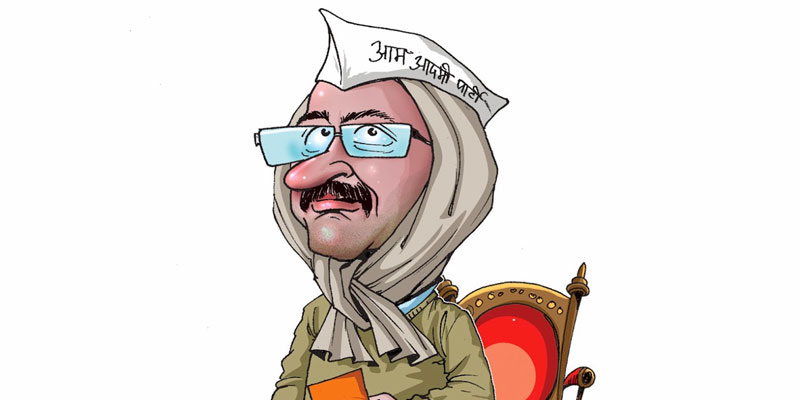It is time to understand how individuals are going to guard themselves monetarily from this economic downturn.
After the fresh statement by the esteemed Reserve Bank of India, about the successive 14 quarters fall of India’s GDP to 4.4 percent from a huge 8.9 percent, now it is time to understand how individuals are going to guard themselves monetarily from this economic downturn.
1) Save your job
It is true that Indian economy has been trapped in recession and the result is lesser employment opportunities and cutting down of employees. People are well aware about the horrible picture of the job market. If you are have a self overstated belief about your job market potential, now it’s time to do a reality check. Probabilities of a better change of jobs are fading rapidly. There may arise conditions that one may face trimming without a new job opportunity. At such a time, one should hold on to their job, even if it gives a lower pay.
2) Control consuming on your credit card
Presently, most young Indians, having a modest job in hand, have gained the habit of keeping many credit cards. They go on juggling the payment of credit card bills against the purchases made. Once you are addicted to the routine of buying against credit card, it is hard to come out of it. Buying, mostly impetuous, is a negative habit. Strong unpleasant conditions require strong steps. Maintain one credit card and give in the rest.
3) Trim down debts and if doable avoid leverage
Youth are overabundant with debts, home loan, credit card outstanding bills, car loan, personal loans, and top most is educational loan. Several are double earning families therefore one and half income goes into paying off debts. Purchase today and pay later is a ploy. Taking loan is like using tomorrow’s income today itself.
Now is the time to lessen debt by delaying purchasing of material goods and seeking prospects to pay back debt from existing savings.
4) Purchases must be as per the needs
Purchasing of goods should be linked to actual needs and requirement, instead of gratifying bizarre dreams. For example if a small car can serve your need, then buying a sedan can be deferred. Similarly, if a one tonne air conditioner is cooling sufficient then dodge two tonne. If a two bed room apartment is enough for your desires, then buying a 3 or 4 bedroom apartment can be escaped.
5) Resource allotment is the answer to investment accomplishment
There are dodgy investments and reliable investments. One needs to pick a blend of both. On the basis of required rate of return and risk craving, an individual should create an asset allocation.
Asset allocation aids one to gain turnovers when the markets are up and helps you invest when the markets are down. Consequently, eradicating greediness and panic and brings emotional balance to the portfolio management.
6) Rework your insurance cover
Giving for car repairs, healthcare bills, unpredicted robberies in a tumbling income situation becomes painful. Having an insurance cover for these is a way of avoiding these unwanted spending. Of course, you may have the terrible experience of losing money in Unit Linked Insurance Plan (ULIPs). Nonetheless it was an investment cum insurance product for which you have fallen prey, overlooking the point that insurance is not investment but having a cushion cover. The insurance cover is largely helpful in the above situations without hollowing your savings.
7) Take planned and economical risk
Risk taking comes unsurprisingly to youth in comparison to the older ones. In addition, taking risk is a part of a vigorous life. Still, identifying one’s own risk hunger and risk addressing aptitude are important. Taking risk is a child’s play in an emergent economy, as growing income is assured. The case is opposite during recession, where the revenues in the near future is expected to drop. Therefore, the propensity to take excessively blind risk needs to be restricted.





